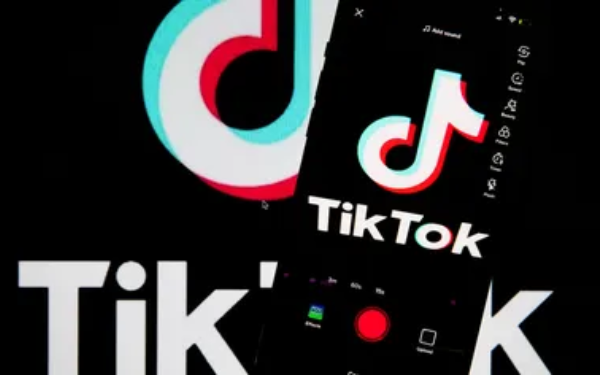In line with a enterprise assertion launched on Wednesday, TikTok will now flag movies uploaded by firms whose “editorial output or decision-making course of is prone to affect by a authorities” in over 40 extra worldwide markets. After Russia’s invasion of Ukraine in 2014, the pilot programme formally launched, classifying all state-controlled media in Russia, Ukraine, and Belarus. Extra context concerning the label and its use is supplied when the person faucets on it.
Since its introduction, the label has been utilized to the movies of a whole bunch of accounts owned by Russian media retailers similar to RT, Ruptly, Sputnik, RIA Novosti, and TASS.
Utilizing the branding of the state-controlled media is hardly a constructive step for the Beijing-based video leisure app. This has been postponed, at greatest. Rivals to TikTok have supplied a mechanism for figuring out state-run media for fairly a while. YouTube, for one, mentioned in 2018 that it’ll start labelling state-funded broadcasters, and in 2017 it joined Fb in stopping Russian state-run stations from monetizing by way of advertisements. Because the year2020, Meta’s platform has included a tagging system for all state-controlled media. Previous to Elon Musk’s takeover in 2018, Twitter’s technique had been to determine state-owned media by that yr. (Musk has been identified to poke enjoyable on the designation as of late; whether or not this portends a change in coverage is anybody’s guess.)
TikTok claims it determines whether or not or not an organisation is editorially unbiased by taking a look at issues like its acknowledged objectives, editorial processes and protections, management and editorial governance, and editorial decisions made by the organisation. If an organization believes it has been wrongly categorized by the corporate’s belief and security group, there’s an appeals process accessible.
Previous to launching its pilot programme, the enterprise claims to have consulted with greater than 60 media professionals, political scientists, professors, and representatives from a broad vary of worldwide organisations and civil society teams from throughout the globe.
Nonetheless, TikTok’s response to the unfold of false details about Russia’s invasion of Ukraine has been lower than superb.
In March, the agency mentioned that it’ll cease permitting new materials to originate in Russia due to the nation’s new “false information” laws over the invasion, though it nonetheless let quite a few main Russian official media accounts to publish.
The label has only recently expanded into main markets similar to the USA, Canada, parts of Europe, China, and others.
TikTok has introduced that the label is now accessible within the following international locations:
International locations included: Afghanistan, Armenia, Austria, Azerbaijan, Belgium, Bulgaria, Canada, China, Croatia, Czech Republic, Denmark, Estonia, Finland, France, Georgia, Germany, Greece, Hungary, Eire, Italy, Japan, Kazakhstan, Kyrgyzstan, Latvia, Lithuania, Luxembourg, Malta, Mongolia, Netherlands, Poland, Portugal, Republic of Cyprus, Republic of Moldova, Romania, Slovakia, Slovenia, Spain, Sweden, Tajikistan, Turkmenistan, United Kingdom, United States, Uzbekistan.
The expansion comes similtaneously a recent crackdown on the short-form video app in the USA, which former President Donald Trump had sought to ban in 2020 as a result of nationwide safety risks, solely to have the order blocked by the courts after which by the Biden administration.
Latest weeks, nevertheless, have seen a lot of American states and the USA Home prohibit TikTok from government-issued smartphones as a result of rising privateness issues over the app’s reported knowledge sharing with the Chinese language authorities. BuzzFeed revealed final yr that TikTok workers in China had been accessing U.S. person knowledge, prompting the enterprise to switch that knowledge to Oracle servers in the USA. Forbes has accused the corporate of spying on its journalists.

Subtly charming pop culture geek. Amateur analyst. Freelance tv buff. Coffee lover
